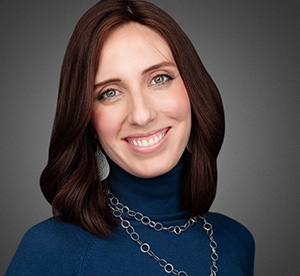Time and Place: Chapter 3 of 3

They both laughed, and Michal remembered for a fleeting moment what she’d felt when they were dating. It was nice

The beginning of the ride was quiet. Not awkward, but quiet. Michal thought back to her conversation with Mordy.
“I’m not coming with you to Providence to see a dumb grave of a nonrelative.”
“But think about what could have been. We owe everything to them.”
“Look, I told you a million times since this thing started, I don’t care. Really don’t care. This is not something that keeps me up at night. I don’t do existential like you.”
“But—”
“Why do you keep calling me and asking me? Go harass Chaim with this stuff.”
Oh.
Michal had hung up on Mordy, and she knew Mordy well enough to know that he probably thought he’d hurt her, but he’d done something much worse. He’d held up a mirror and showed her the steps she was dancing in her marriage.
Michal shivered, shaking herself physically and mentally. She looked at Chaim, who was driving. He’d agreed on this mini-road trip the second she’d mentioned it, and she was proud of herself for asking him, allowing him into the mess of her family, and her life. They hadn’t discussed “talking to someone;” she hadn’t brought it up, and Chaim didn’t mention it again. Maybe he was giving her space; she was definitely taking it. Thinking about the comment later, she wasn’t sure what she felt. Not the indignation she’d felt when he’d first said it. Was it resignation? Chaim glanced sideways and noticed Michal’s gaze. She forced herself not to look away.
“This wasn’t exactly what I had in mind when I told you I love travel while we were dating,” Chaim joked.
Michal laughed, taking it in the jest he meant. “And this isn’t what I meant when I told you I love history.”
They both laughed, and Michal remembered for a fleeting moment what she’d felt when they were dating. It was nice.
Oops! We could not locate your form.







